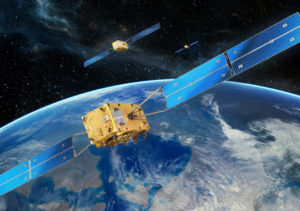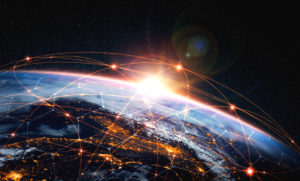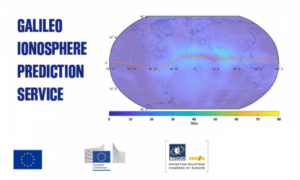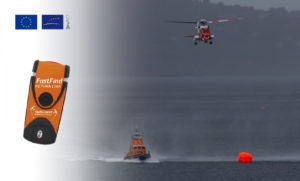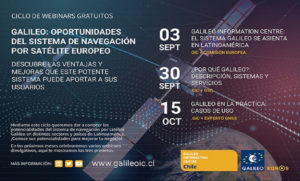Under the management of the European GNSS Agency (GSA), a collision avoidance manoeuvre for satellite GSAT0219 was performed during the first weekend of March. This manoeuvre was conducted following a collision risk alert received from EU Space Surveillance and Tracking (EUSST).
On 25 February, the Galileo Service Operator (GSOp) received from the EUSST a collision risk alert between GSAT0219 and an inert Ariane 4 upper stage launched in 1989. Following this warning, GSOp started to closely monitor the risk, in close cooperation with EUSST that was refining its predictions. Read more…

